If you wish to inform us of malicious actions witnessed or are in need of help
The priorities of these investments are categorized in five independent areas:
Financial empowerment is continuously lead by the company in surrounding communities by education reinforcing programs that support their economic autonomy.
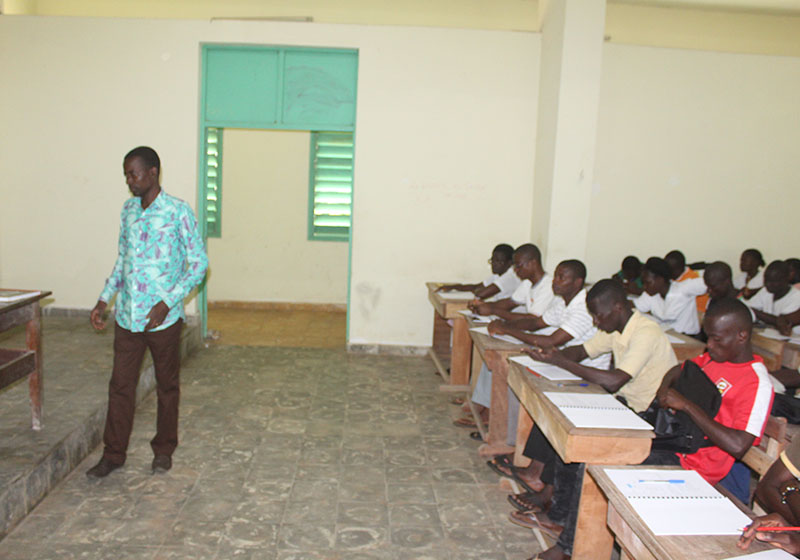
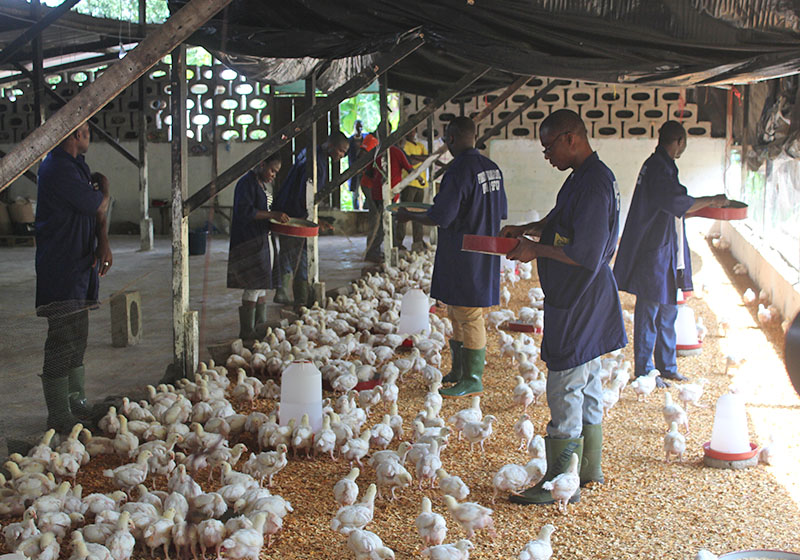
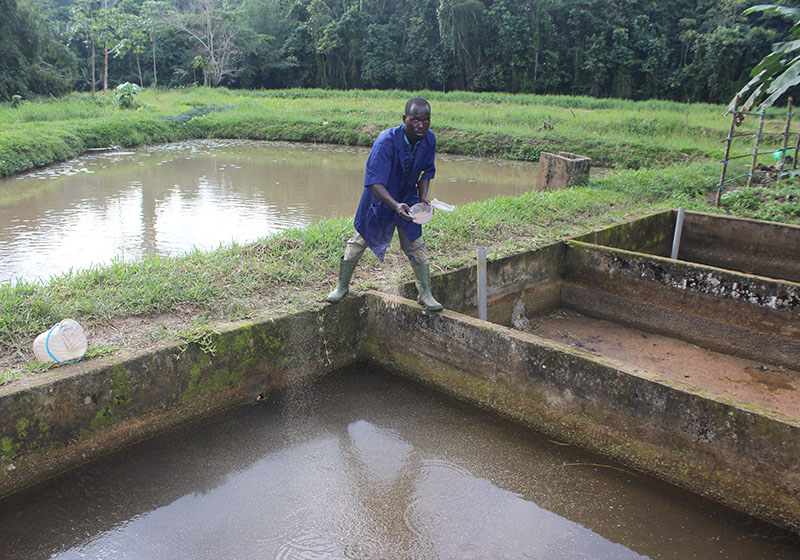
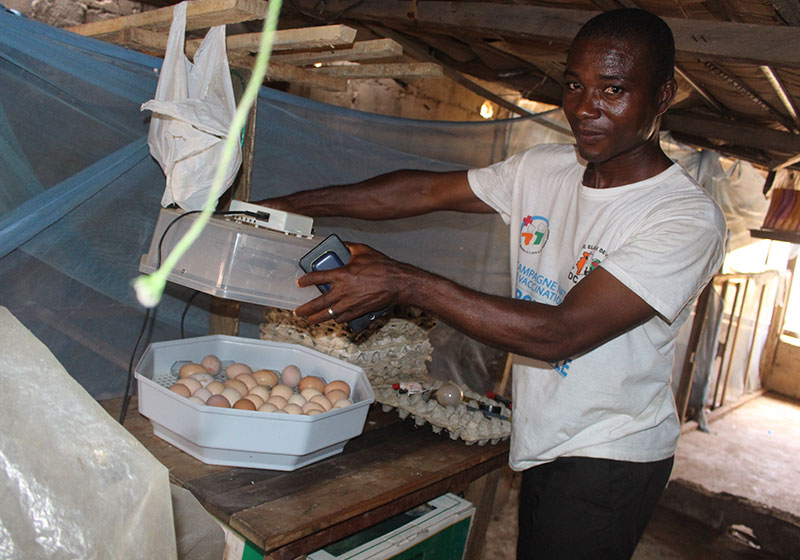
An important part of the CSR budget is appointed to education, as SIPH believes that the ability for a community to access autonomy highly depends on its level of education. Social investment in the Education area is also a part of the CSR strategy of the company, who promotes positive impact sustainable activities.
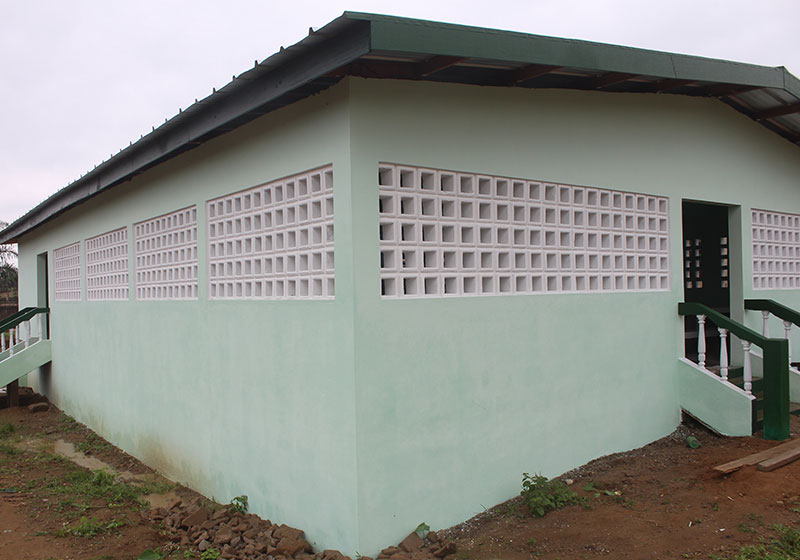
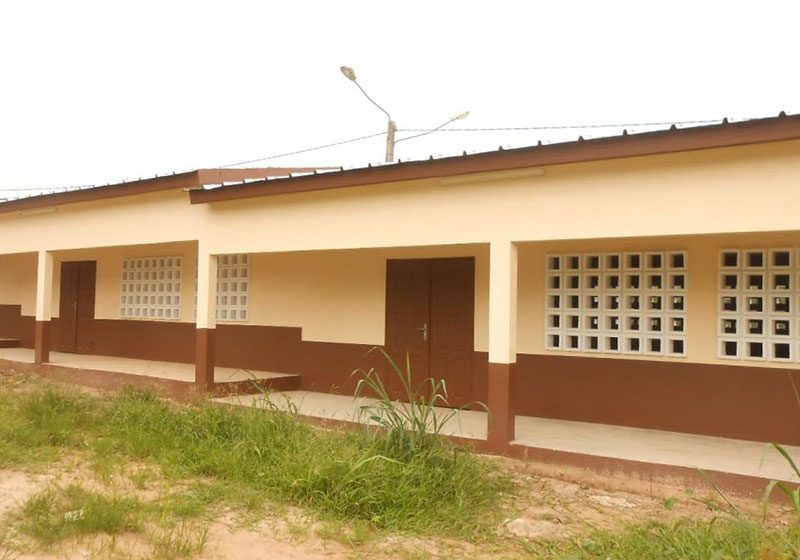
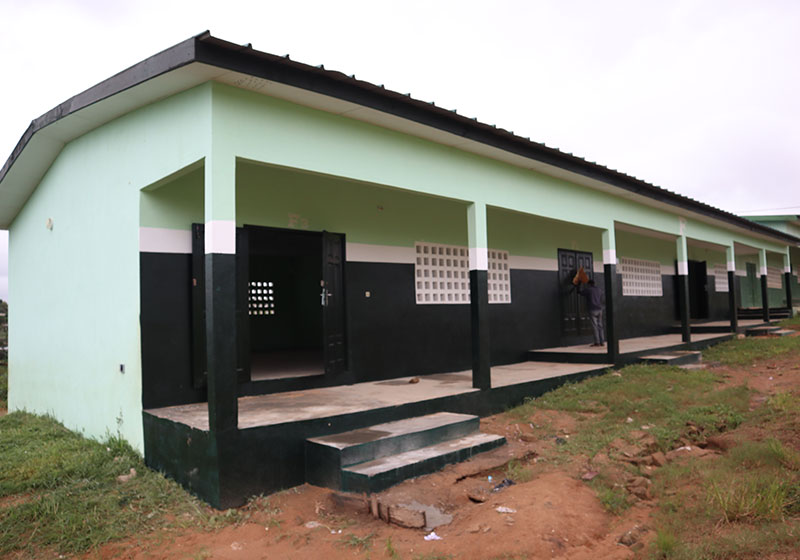
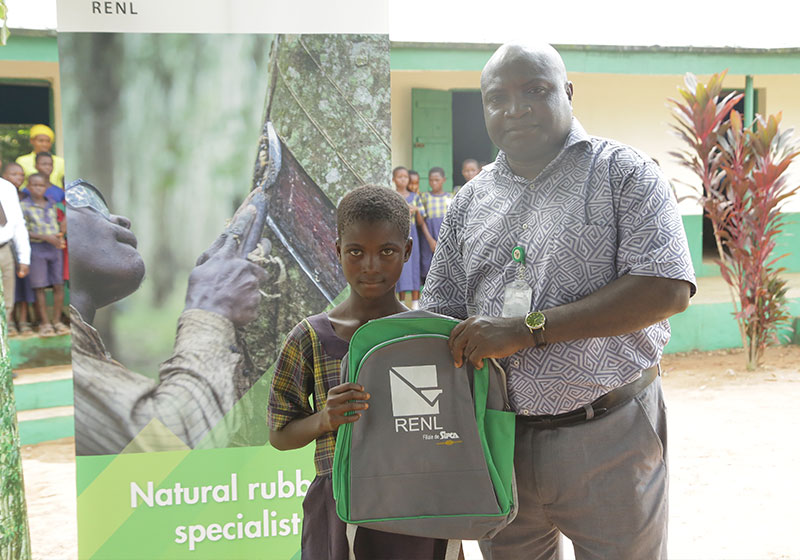
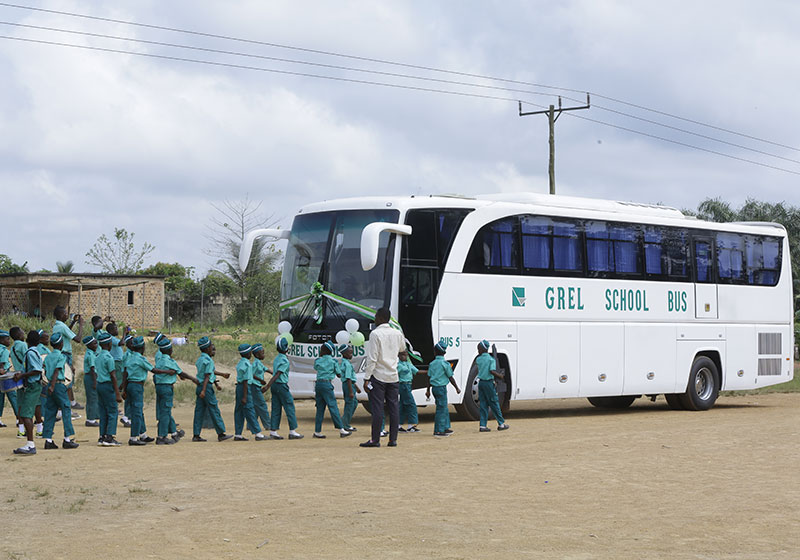
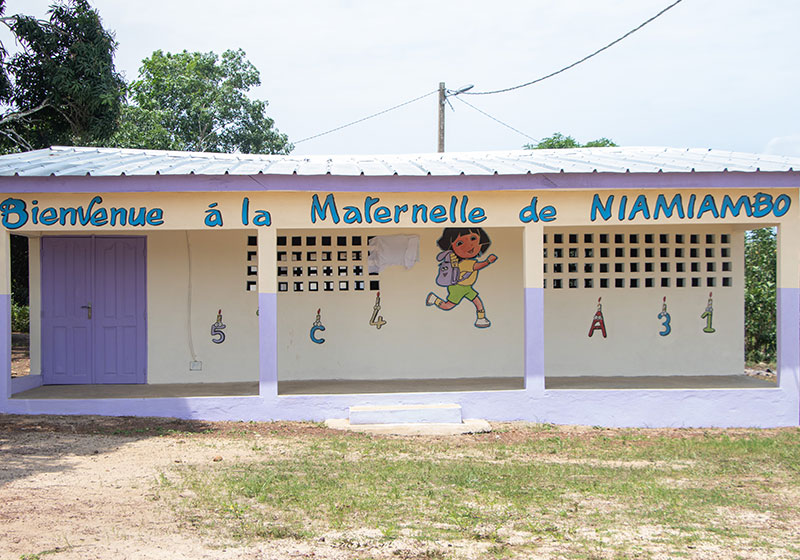
SIPH’s consideration of its employees, their families, and surrounding communities’ health is shown by the implementing of several services, including caring and health exams, health advice (medical prevention) and operational sites surrounding health center hygiene and improvement.
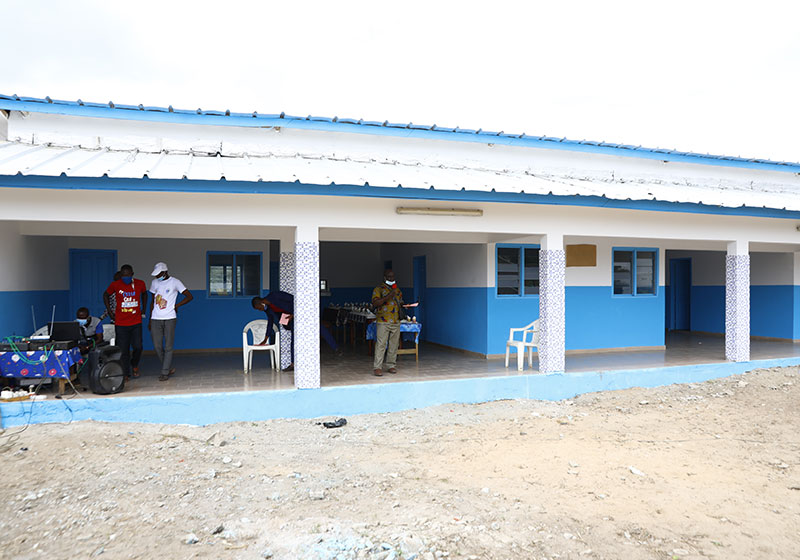
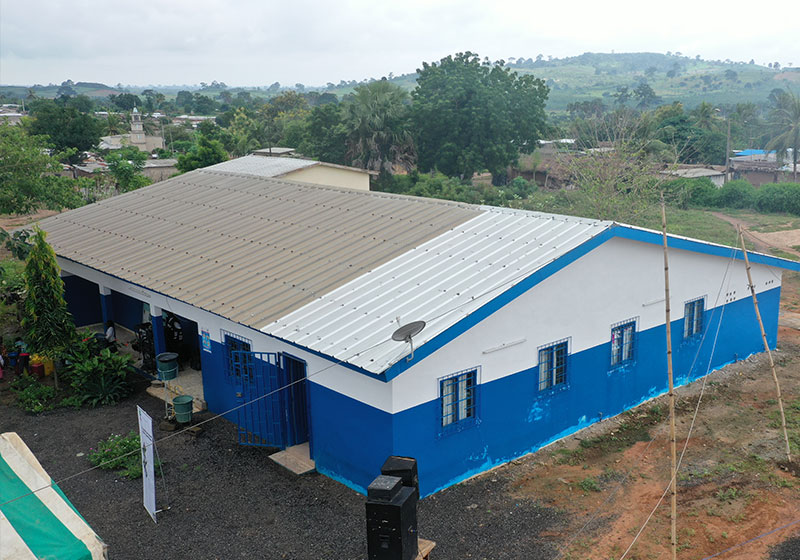
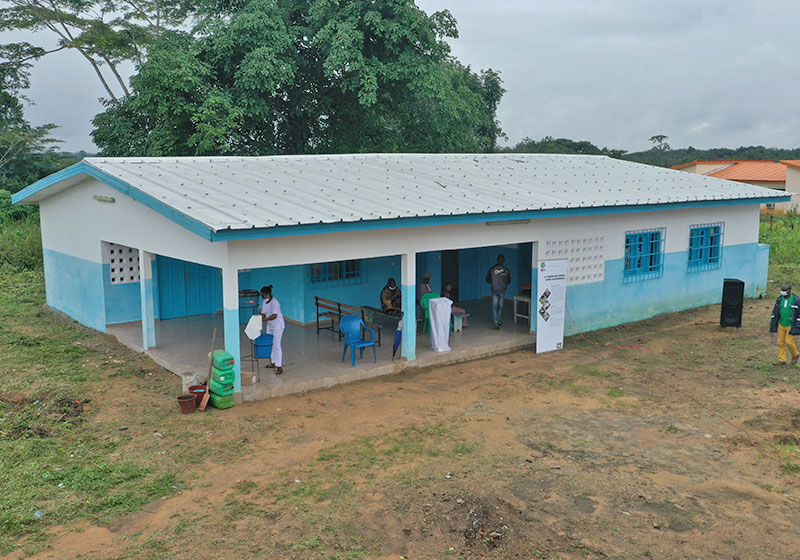
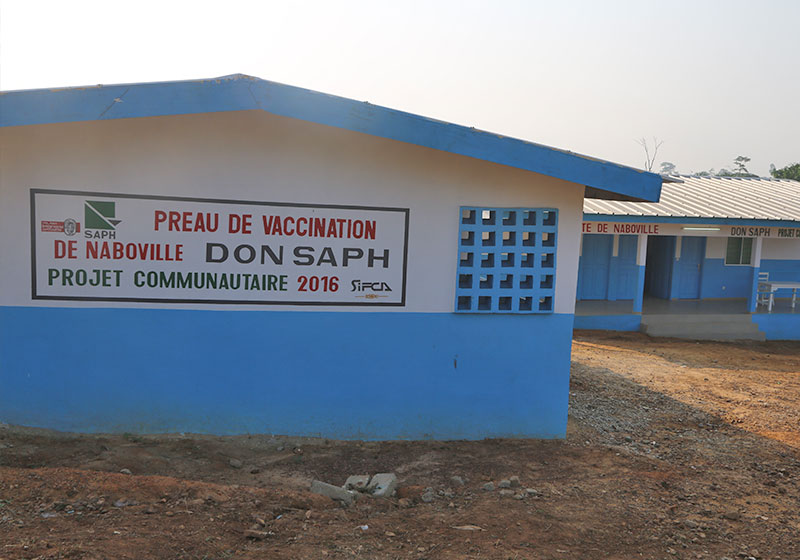
SIPH has been leading CSR activities in the infrastructure field. This fields in important for the continuity of the community’s social-economic activities as well as the company’s operational activities.
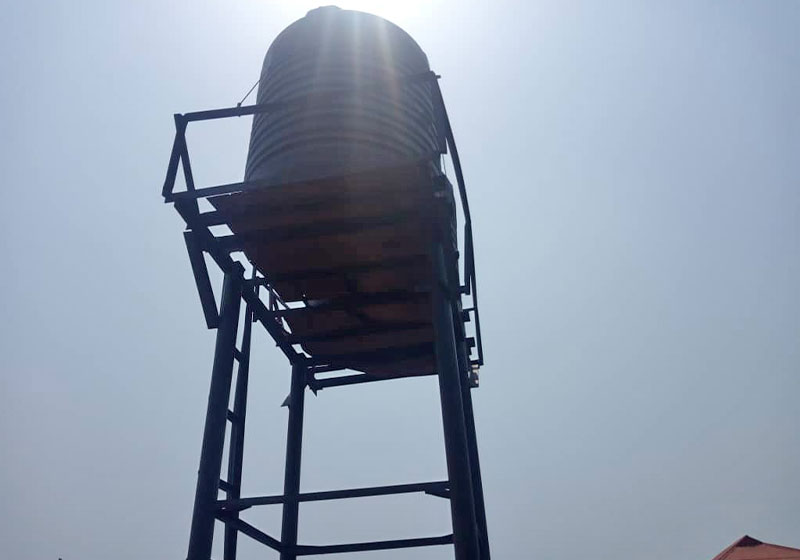
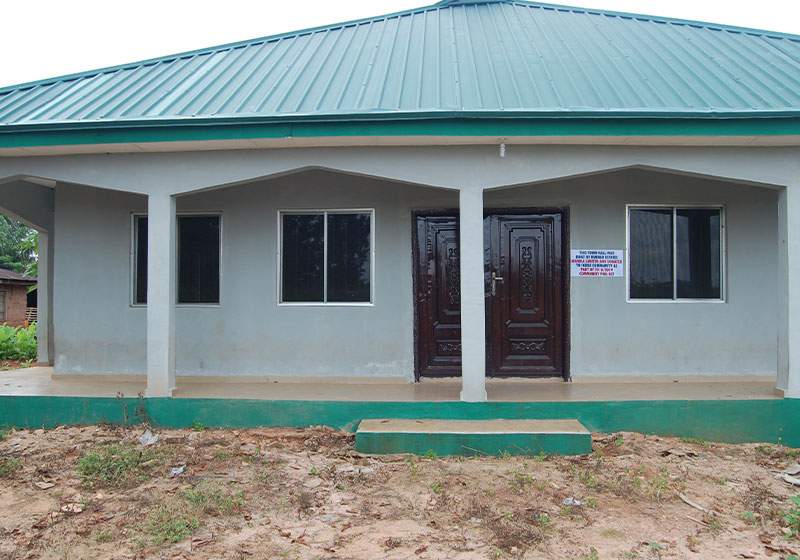
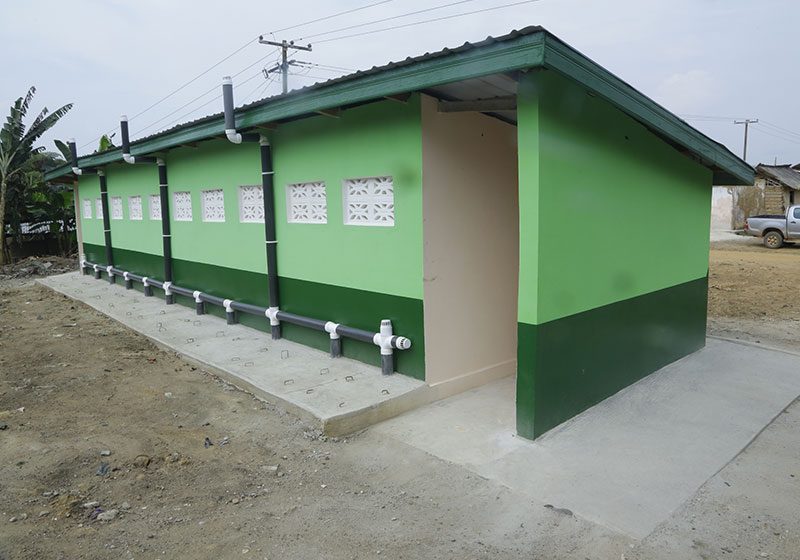
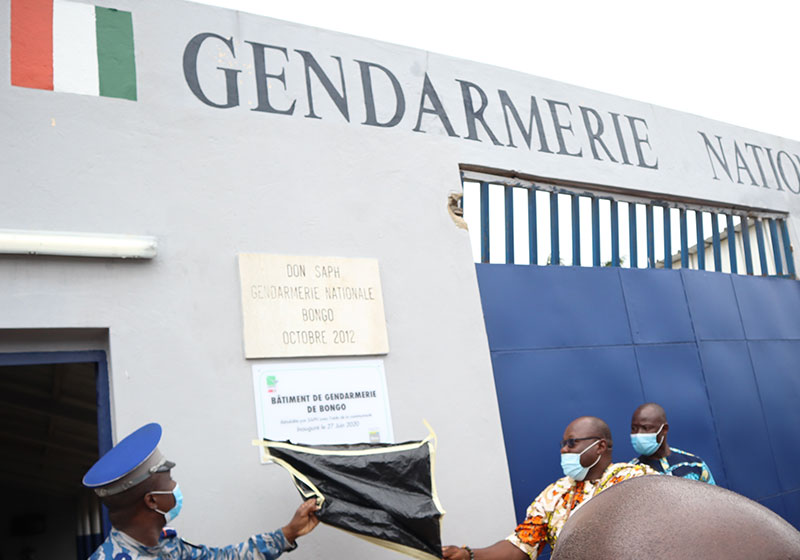
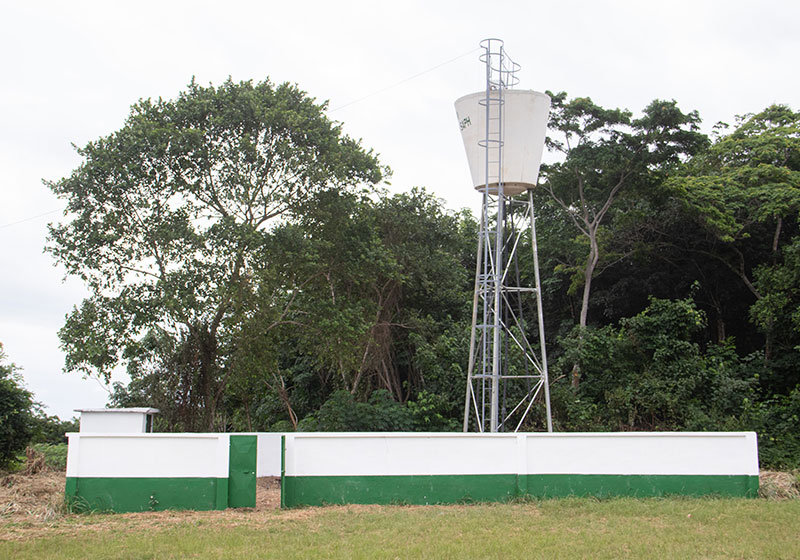
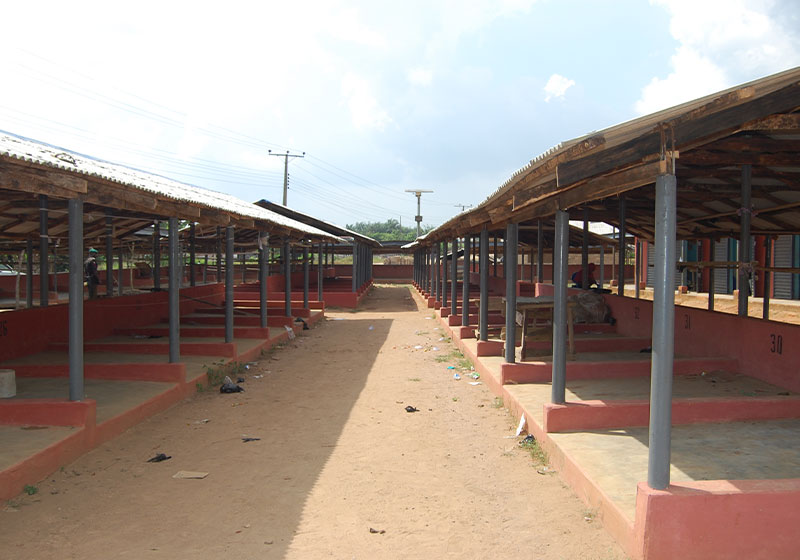
Through the “Zero Deforestation” program and the CLIP, SIPH, in collaboration with consultation firms has facilitated the training and organization capacity reinforcement program. This program has been in place since 2016.
Biodiversity committees are in place in all sites to reinforce routine roles and activities based on community participation.
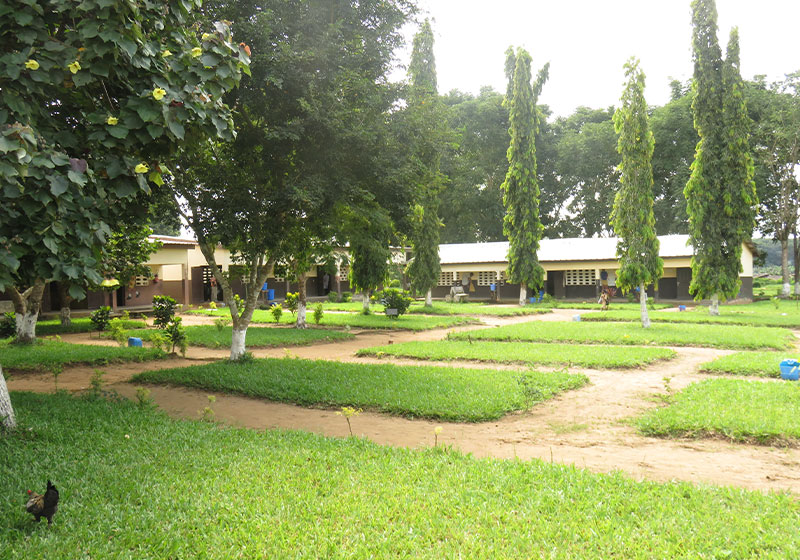
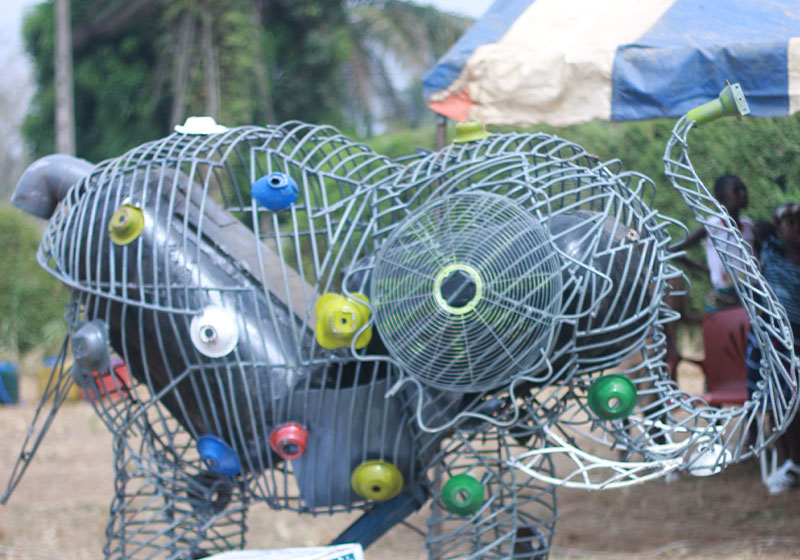
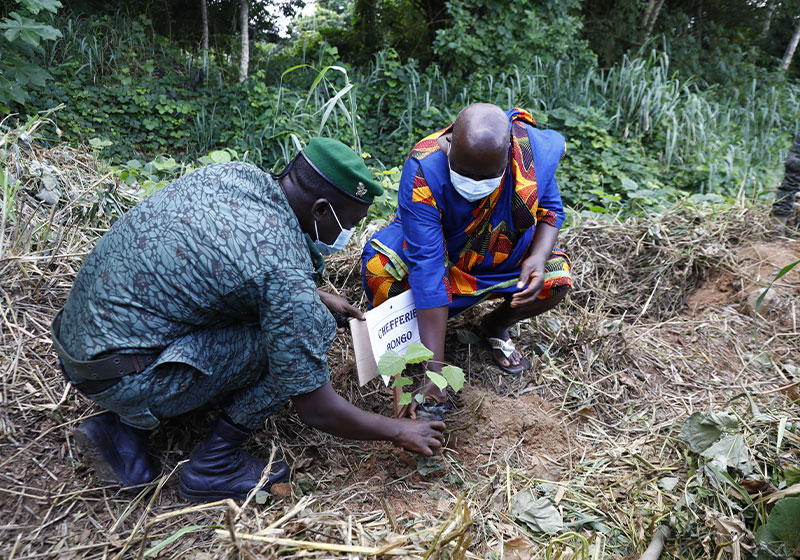
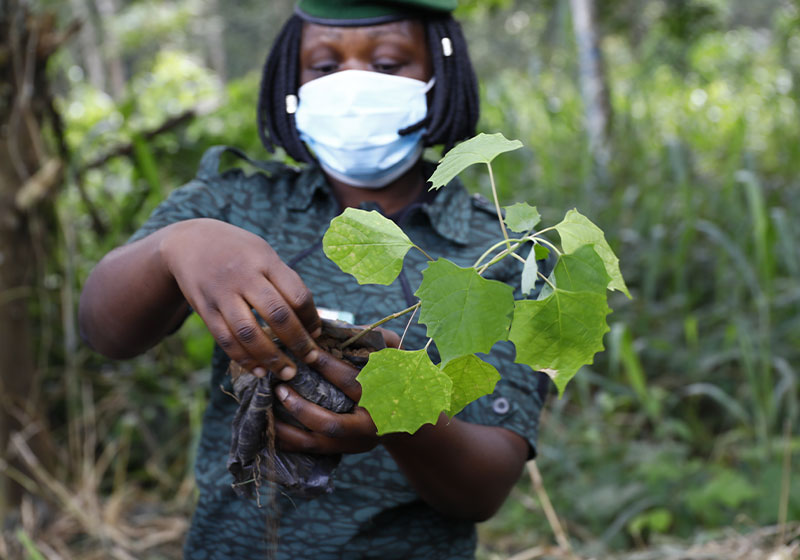
It aims to:
Create a mutually beneficial and sustainable relation while improving the living conditions of stakeholders around operational areas around the company.
For this, our mission is:
Thanks to social investment, SIPH prices its human resources in order to support the company’s programs to improve society and reach its goals by generating positive impact on local development. SIPH’s social investment strategy applies to both its internal and external stakeholders as beneficiaries, which fits with the National Development Plan and the International consensus of the United Nations Sustainable Development Goals for 2016-2030.
As per SIPH’s commitment in the implementation of its social investments, the number of beneficiaries of its CSR in 2019 has reached over 30 000 families, the equivalent of 150 thousand people living close to its operational sites.
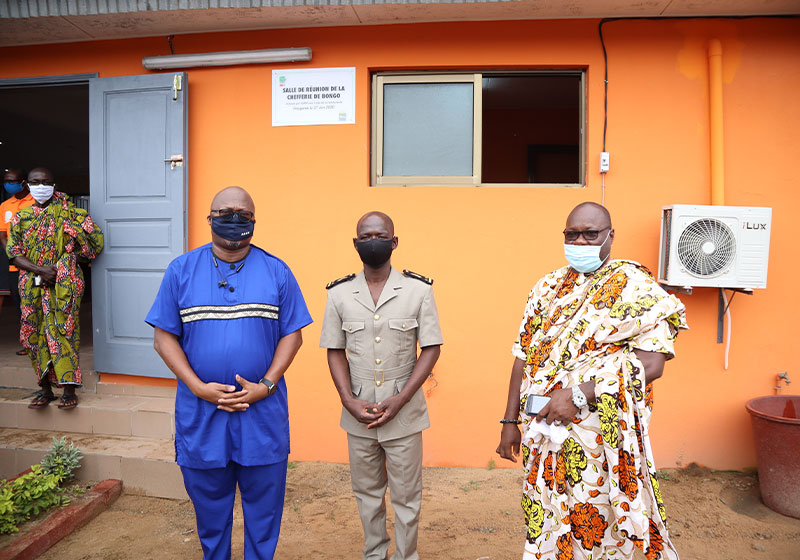
HUMAN CAPITAL
Human capital represents internal and external human resources. From an internal point of view, SIPH considers that the well-being of its staff is essential for the company’s success. By improving it, SIPH also endeavors to rise the wellbeing of stakeholders to a decent level outside the company. Consequently, SIPH promotes farming rubber plantations in order to produce satisfying agricultural returns along with community development programs.
Our commitments to set up CSR programs and activities in favor of human capital exists in order to reinforce our employees’ and surrounding communities’ living conditions, as well as to improve the company’s competitiveness. This is why, the company continuously minds a particular attention to its employees and stakeholder’s wellbeing as one of its most precious assets.
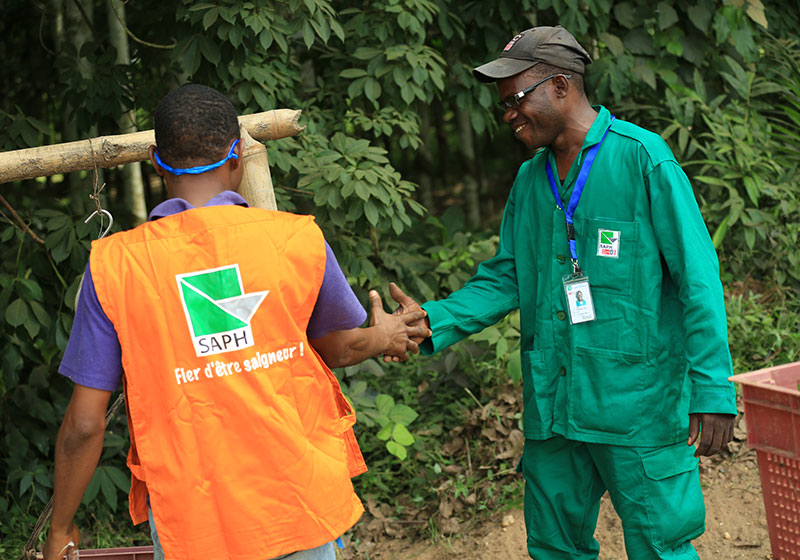

Discover

SIPH’s main activity is the production and marketing of natural rubber. SIPH’s rubber plantations are all in West Africa. Natural rubber remains indispensable for the tyre industry.
MoreIf you wish to inform us of malicious actions witnessed or are in need of help
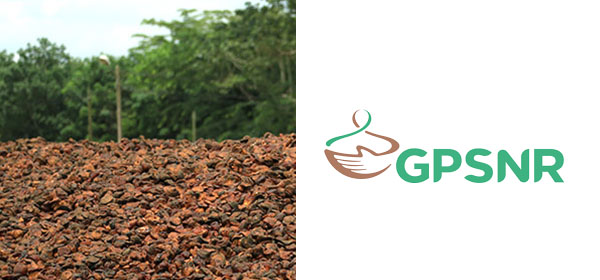
SIPH, as a member of the GPSNR, must ensure that its operations comply with GPSNR requirements, including having a 3r party verified Due Diligence process in place by 2027.
This commitment highlights our Group’s strong willingness to actively contribute to the sustainability of the African and global rubber industry and to the effective functioning of the GPSNR as a founding member. SIPH maintains an active participation in various Workgroup and Taskforces of GPSNR with 5 high level Managers.